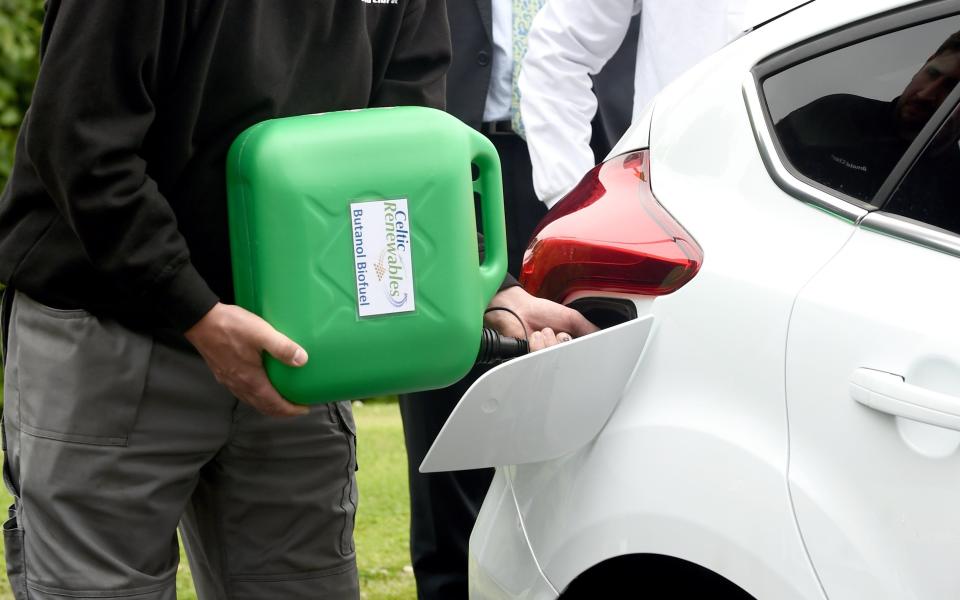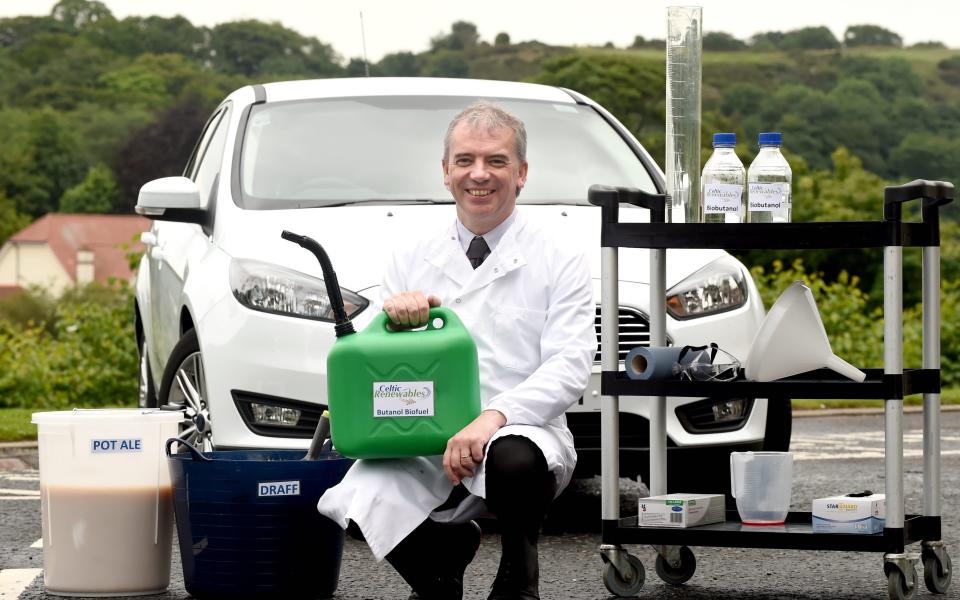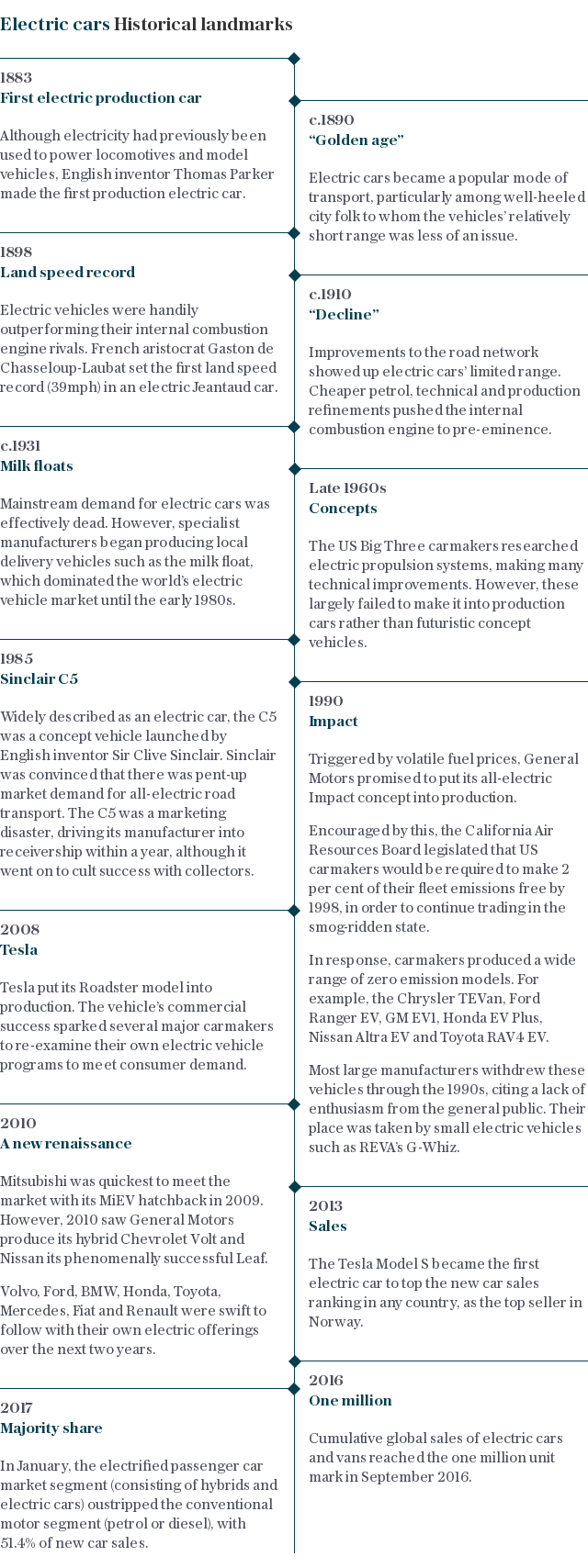Whisky business: the fuel propelling cars of the future

"You must have whisky to give you energy," Margaret Thatcher was known to say in her hey-day. She may have been more right than she knew.
A UK startup yesterday became the first company to successfully fuel a car using whisky or, more accurately, the whisky residue biofuel.
"My fingers were crossed, I have to confess," Professor Martin Tangney, the founder and president of Celtic Renewables, said. "We physically poured a bottle of [alcohol] butanol into the car, but the scale of this could be huge."
The whisky biofuel is produced using both draff, which are sugar-rich kernels of barley used to bring about fermentation in the whisky making process, and pot ale, the copper-containing yeasty liquid left after distilling the whisky.
The malt whisky industry produces nearly 750,000 tonnes of draff and 2bn litres of pot ale each year in Scotland.
John Torrance, the distillery manager at Tullibardine Distillery in Perthshire which is working with the startup, said: "Right from the outset when Celtic Renewables approached us we could see the game-changing potential of a new fuel created from our by-products."

The team behind the trial of the biofuel used a hire car, which had been delivered earlier this week, and had drained the existing fuel from the car the night before the test.
"The test run shows that we know we could make it," Mr Tangney said. "The blue print just needs to be replicated."
Celtic Renewables is looking to build a demonstration centre within the next 18 months, should it be able to secure additional funding on top of the £9m funding it received from the Scottish Government.

Mr Tangney said biofuel had an important role to play in efforts to reduce reliance upon petrol, and could work in tandem with the shift towards electric cars.
Earlier this week, Volvo announced plans to become the first major car manufacturer to go all electric by 2019, when every new car in its range will have an electric power train available.

"Only since the Fifties have we become this oil guzzling nation, but we won't replace oil with a single thing. We need to pull together everything we can and electric cars are one way we can [reduce oil consumption needs]," Mr Tangney said.
"With electric cars, though, there's an infrastructure network needed. For biofuel you wouldn't even know it had been mixed in," he said.
"You still have to take all the cars off the road before you can go fully electric as well, and, with electricity, where is that power coming from? How are we going to meet the energy demands we’re adding on?"

The UK has committed to an EU target of generating 20pc of all its energy needs from renewable sources by 2020, but currently is on track to miss that target.
This would mean it would incur millions of pounds in fines from the EU. However, earlier this year sources told The Daily Telegraph that the target, under the EU Renewable Energy Directive, looked set to be scrapped after Brexit.
Under the Paris climate deal, which US President Donald Trump withdrew from earlier this year, the EU is looking to introduce a new target for renewable energy to account for 27pc of energy use by 2030.

 Yahoo Finance
Yahoo Finance 